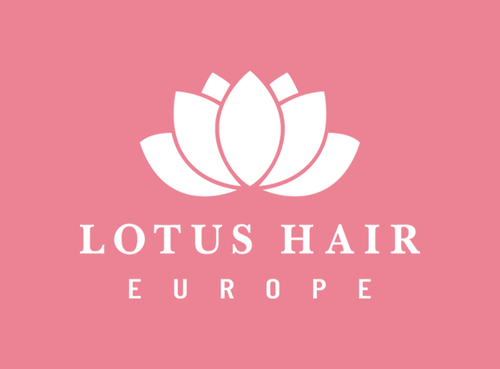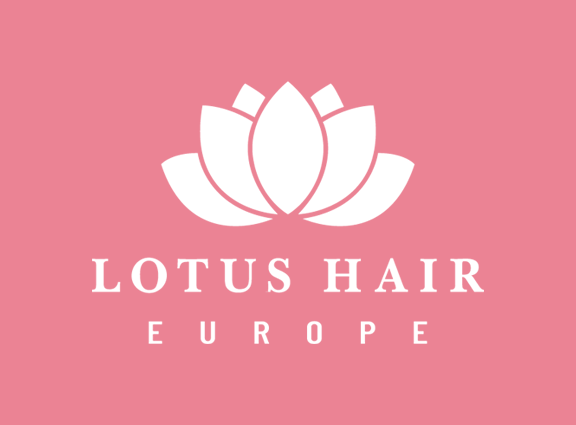Greasy hair: a short guide to prevent and fix it

...
Normally, "oily hair" is closely related to "bad hair day". That is because excessive oil production often results in a greasy look, thin hair, acne in the hair root, and many other aspects of which can have negative effects on self-esteem. Fortunately, it's possible to control and curb oily hair, as long as you understand the causes.
Sometimes, a greasy scalp is the result of a temporary hormonal change that comes with puberty, thyroid complications, pregnancy, or even menopause. In these cases, the hormones coursing through the body are telling the scalp to produce more oil than is necessary.
Once you've pinpointed the underlying cause of your oily hair, you can figure out a game plan for reducing the greasiness and restoring your hair's healthy structure and luster. Read on for five oil-fighting hair tips.
1. Cut back on shampooing

It's easy to assume that frequent hair washing is the best way to zap oil. As logical as that approach might seem, you're probably making your hair greasier.
To avoid the overproduction of sebum, it is better to not washing it daily. If the idea of reducing your shampoo routine stresses you out, start slowly. Skip the shampoo one or two days a week, when you can wear a hat or when you'll be home all day. After a few weeks, increase the number of days sans shampoo.
The eventual goal is to be able to go two to three days between shampoos to get the oil production under control. Just don't expect to get there overnight—you may have to give it a few months. Experiment with dry shampoos and hair powders, which are designed to help soak up that oil without stripping your scalp of its necessary sebum.
2. Choose your shampoo wisely

When examining the ingredients list on your shampoo, notice if it says sulfate, oil, and silicone-free!
3. Save conditioner for your ends only

Instead of slathering your locks with conditioner from roots to ends, use conditioner only on the tips of your hair. It's best to avoid applying conditioner close to the scalp, as the scalp produces sebum, you don't want to apply products that will potentially create build-up.
4. Pay attention to your diet

Maintaining an healthy diet, low in fat and sugar, will help you to keep your hair healthy. Here we suggest 6 foods to increase your hair health.
5. If needed, consult a doctor

While adjusting your haircare regimen goes a long way toward reducing hair greasiness, some people still find themselves struggling with oily strands without clear explanation. If this sounds like you, then consider visiting a doctor. Some medication can aggravate the greasy hair problem, like taking birth control pills or using the wrong cosmetics.
Most of the time, a "greasiness" is just fine and normal. Don't stress too much - usually it has to do with your hair texture, diet and lifestyle, and because maybe your are touching your hair too much. Then you shall just follow our first 4 tips. But if your hair seems more greasy then it should be, it is better looking for a medical support.
Share if this article was useful to you!


